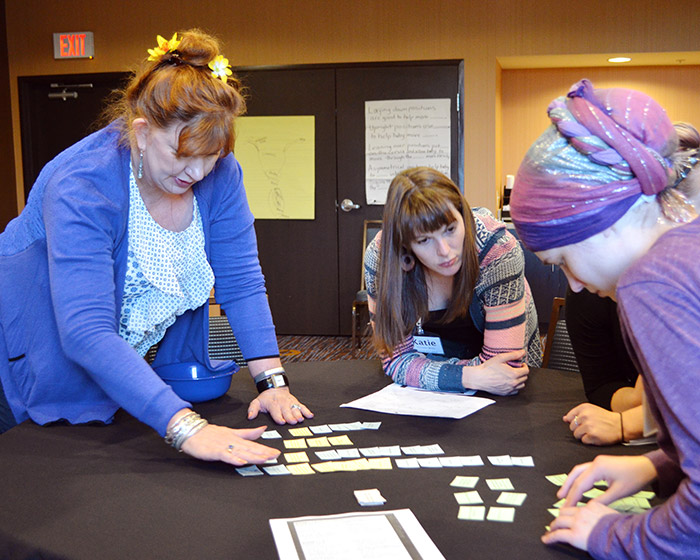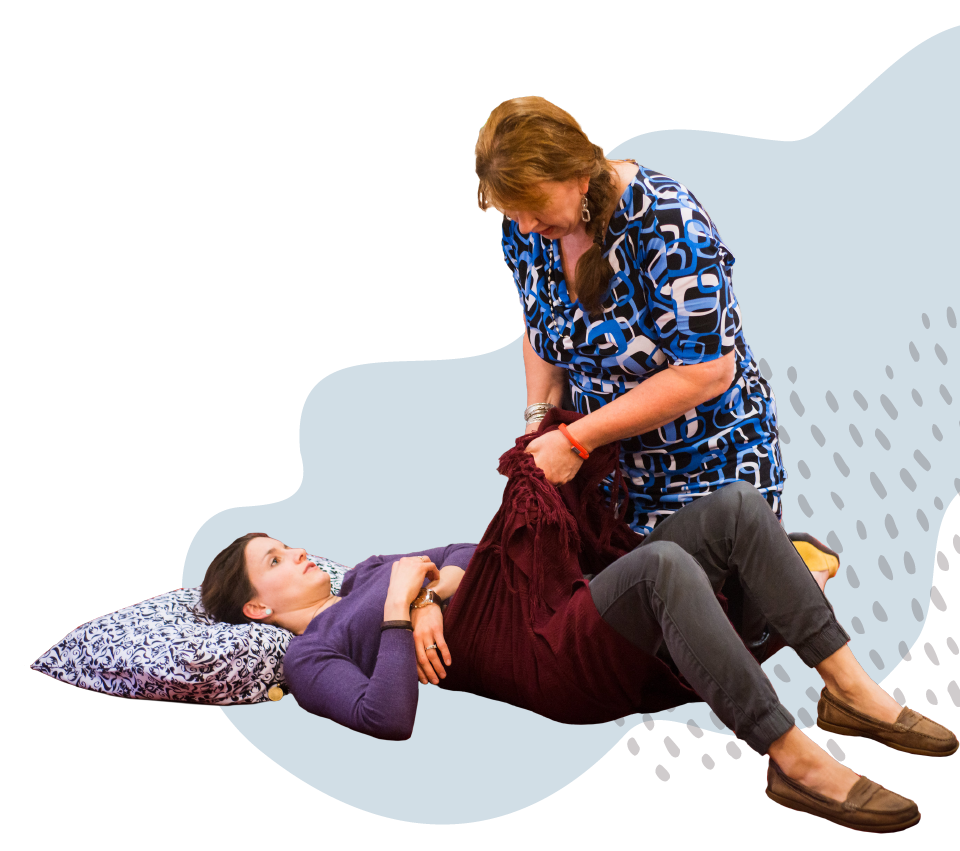Birth Doula Standards of Practice
Understanding Our Standards of Practice
The Doulaing The Doula (DTD) birth doula’s scope of practice and role are unique. The support we provide does not overlap with any other professional role. The doula’s role is not medical. The birth doula is a highly skilled caregiver, employing sophisticated neurological processes for extended periods of time. They serve an important attachment function for the person in labor that often cannot be met reliably by loved ones or medical staff members.

The Doula’s Overall Responsibility is to:
- Provide a calm presence
- Be a knowledgeable resource about birth
- Believe in the client’s ability to birth their baby (often before they do)
- Provide individualized care in a (hospital) environment that isn’t set up for that
- Provide continuous support throughout the labor and birth
- To consider how the birthing person’s memories are affected by labor events and positively influence those memories
The Doula’s Role in Attachment and Caregiving is to:
Provide effective and nurturing support that utilizes the neurological caregiving systems of the brain and meets the attachment needs of the birthing person and their intimate family member.
The doula does this by:
- Read the birthing person’s cues correctly
- To let the client lead by following their cues
- Accurately perceive the birthing person’s emotional needs
- Be continuously available to the client at the beginning of the “on call” period through several weeks postpartum
- Being seen as emotionally and physically strong and capable
- Being seen as effectively representing the client’s interests while they are in labor
- Being seen as having resources that the client does not possess
- To provide a reliable arrangement for support if the doula cannot be present
To become a trusted person to the father/partner/grandparent/mate/loved one so they will reliably turn to you if they need help (emotional regulation) during the birth.
The Doula’s Role in Communication is to:
- Assist the client is discerning their preferences for the birth
- Assist the client in communicating those preferences effectively to their care team
- Provide culturally competent and congruent support through the perinatal period
The Doula’s Role in Empowerment and Advocacy is to:
- Assist the client in being involved in their care decisions as much as the client desires
- Ensure the client has the information they need to make choices (medical information should come from medical people as much as possible. The doula’s role is to supplement or restate information that is provided.)
- Work alongside and with the nurse, midwife assistant, midwife, physician, or others to maximize positive outcomes as defined by the birthing person.
Where did this Scope of Practice come from?
This scope of practice is grounded in Dr. Gilliland’s groundbreaking research on attachment support and birth doulas; and interpersonal neurobiology. Her master’s thesis and dissertation are available on www.amygilliland.com. Her forthcoming article, “Human Labor and Birth as Influential Events in Adult Attachment” (working title), details the doula’s role as a unique focal person for attachment behaviors.
It is interesting to note that it is not the “absolute truth” about the doula that matters. It is the subjective perception of the person in labor about their doula that matters. That’s why the term “being seen by the client as” is used.








